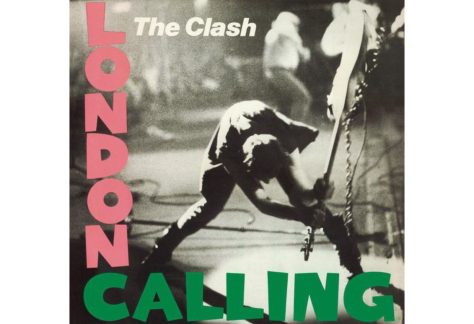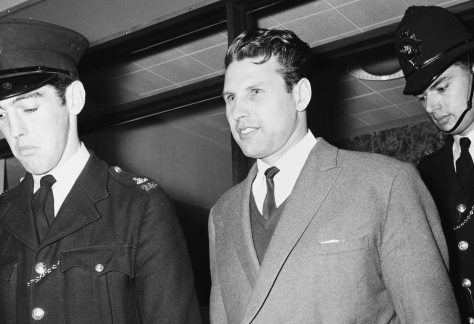
On this date in 1885, Mark Twain publishes his famousâand famously controversialânovel The Adventures of Huckleberry Finn (US version).
The book is focusing on the institution of slavery and other aspects of life in the antabellum South.
At the book’s heart is the journey of Huck and his friend Jim, a runaway enslaved person, down the Mississipi River on a raft. Jim runs away because he is about to be sold and separated from his wife and children, and Huck goes with him to help him get to Ohio and freedom. The most striking part of the book is its satirical look at racism, religion and other social attitudes of the time. While Jim is strong, brave, generous, and wise, many of the white characters are portrayed as violent, stupid, and the naive Huck ends up questioning the hypocritical, unjust nature of society in general.
A month after its publication, a Concord, Massachusets, library banned the book, calling its subject matter “tawdry” and its narrative voice “coarse” and “ignorant”. In the 1950s, the book came under fire from African American groups for being racist in its portrayal of Black characters, despite the fact that it was seen by many as a strong criticism of racism and slavery.

The Adventures of Huckleberry Finn has been hailed by many serious literary critics as a masterpiece. No less judge than Ernest Hemingway famously declared that the book marked the beginning of American literature: “There was nothing before. There has been nothing as good since.”
________
Text: History, Wikipedia.
Featured image via Readings, The Adventures of Huckleberry Finn, the alternative cover.
⢠See also BOOK ON BALINESE MUSIC LAUNCHED.



